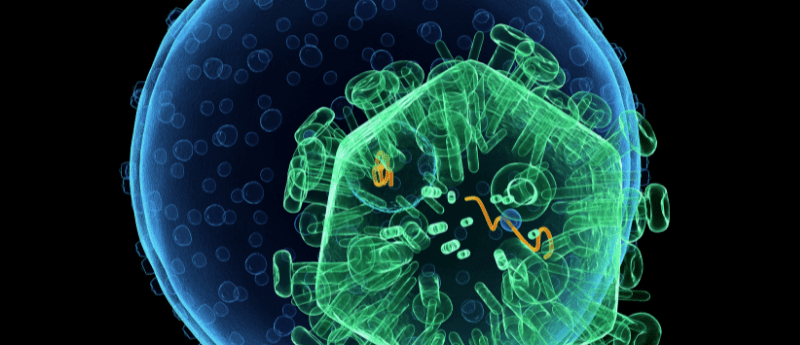World first: cord blood stem cell transplant puts female patient into HIV remission

Researchers from the International Maternal Pediatric Adolescent AIDS Clinical Trial Network (IMPAACT; NC, USA) announced that the first woman to receive a cord blood stem cell transplant has had no detectable levels of HIV for an extended period of time.
The patient – who had ceased antiretroviral therapy – was given the cord blood stem cell transplant to treat acute myeloid leukemia and the research team reported that she had no detectable levels of HIV for 14 months.
The study was conducted by the IMPAACT network P1107 observational study, which was led by researchers from the University of California Los Angeles (CA, USA) and John Hopkins University Baltimore (MD, USA). The IMPAACT network is funded by the National Institutes of Health (MD, USA).
This patient received high-dose chemotherapy and then the stem cells were transplanted to restore blood and immunity. Stem cells from a healthy adult relative were utilized to replenish blood cells and umbilical cord blood was also used to provide long-term blood reconstitution.
More specifically, cord blood containing an HIV-resistant gene variant called CCR5Δ32 was utilized. Usually, HIV infects immune cells by utilizing the CCR5 coreceptor, but the receptor’s Δ32 variant effectively blocks viral entry.
3 months later, the patient’s blood cell population was derived entirely from the HIV-resistant cord blood cells and post-transplant studies could no longer detect HIV by various sensitive assays. The patient was able to stop taking antiretroviral drugs and there has been no indication of HIV re-emergence.
This individual is the third known patient to achieve HIV remission after undergoing a stem cell transplant. The previous cases have utilized adult CCR5Δ32 stem cell transplantations rather than cord blood transplantation.
The physicians responsible for the transplant concluded that cord blood containing the CCR5Δ32 variant should be considered as a source of stem cells when HIV-positive patients require blood stem cell transplants.
Press release: